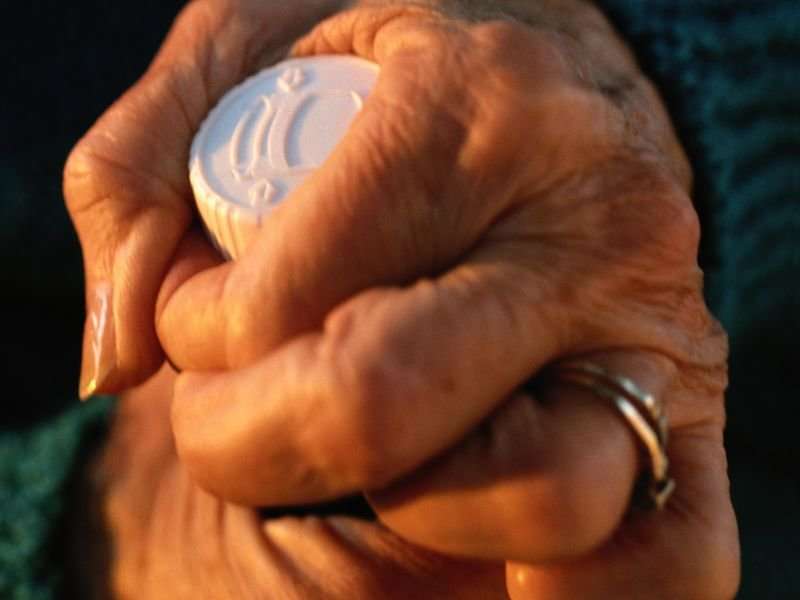(HealthDay)—In older adults, medication use is significantly associated with xerostomia and salivary gland dysfunction, according to a review published online Oct. 26 in the Journal of the American Geriatrics Society.
Edwin C.K. Tan, Ph.D., from Monash University in Australia, and colleagues conducted a systematic literature review (1990 to 2016) to identify older people (aged ≥60) who participated in intervention or observational studies investigating drug use as an exposure and xerostomia or salivary gland hypofunction as adverse drug outcomes. There were 52 eligible studies, 26 of which were included in meta-analysis.
The researchers found that urological medications (odds ratio [OR], 5.91), antidepressants (OR, 4.74), and psycholeptics (OR, 2.59) were significantly associated with dry mouth in intervention studies. In the observational studies, several medication classes, as well as numbers of medications taken, were significantly associated with xerostomia and salivary gland hypofunction. Overall, the majority of studies were rated as having moderate methodological quality.
"Future research should develop a risk score for medication-induced dry mouth to assist with prescribing and medication management," conclude the authors.
More information: Abstract/Full Text
Journal information: Journal of the American Geriatrics Society
Copyright © 2017 HealthDay. All rights reserved.





















